Last Updated on October 4, 2022 by Forest Master
Sourcing & securing an allotment plot can be tricky business. In this guide, we’ll help you ‘plot’, secure and execute the perfect allotment ideas for beginners. From where & what to consider to planning an allotment from scratch. We’re going to show you all the hints and tips, such as using mulch, that’ll ensure your allotment is coming up roses.
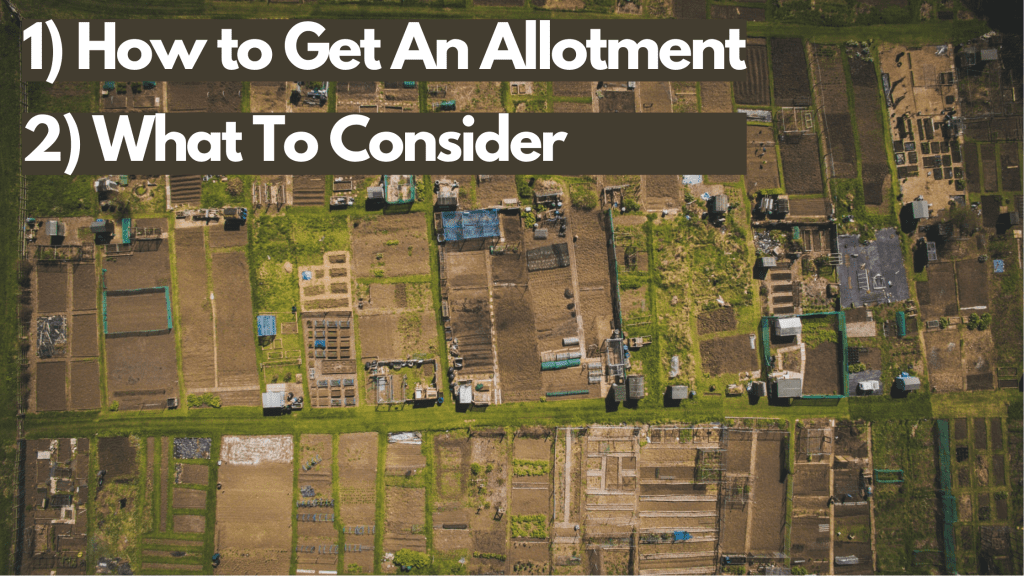
1) How to get an allotment
Before we can discuss allotment ideas for beginners, we need to find one. Competition can be tough, but fairly straightforward. Simply search www.gov.uk/apply-allotment to find your nearest one; it’s worth noting that it’s one per household. Once you’ve applied you’ll either be allocated one or added to a waiting list (all things come to those who wait!). Moreover, it means that when you get it, it should be in workable condition.
2) Allotment – what to consider
Wanna be on top of the crops? Here’s a list of allotment ideas for beginners to consider:
- access & parking – you’ll need to be able to transit bulky & heavy things
- water access – check the distance between your plot and communal taps
- horticulture supplies – see if there’s a local store to purchase supplies
- manure – do they have communal spots for it, toilets, organised delivery?
- communal lawnmowers – do they have communal or bring your own?
- sheds and greenhouses – consider thieves/vandals – is it worth it?
- previous tenants – try to get a plot that’s been worked recently
- security – ask about vandals or pests and soil conditions
You’re looking at between £30-£50 p/year for roughly 250 sqm
What are the allotment rules? Well, they are subjective to the council that runs them. Some obvious examples would be to pay your invoice, clear your plot when finished through to not being allowed firearms on site. For example, here are the Southampton Councils’ rules.
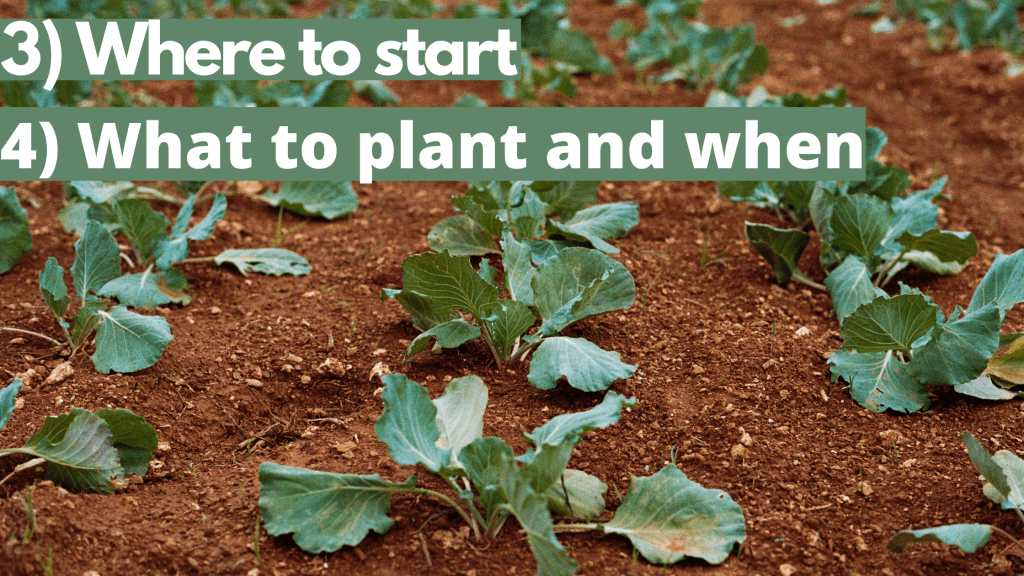
3.1) Allotment – where to start
So, you’ve got your allotment and you’re ready to become Alan Titchmarsh. If only it were that simple, this is where the work begins! Here are our tips for allotment ideas for beginners to start. Firstly, if you inherited a malnourished plot make sure you clear all debris. If there’s a lot, it may be worth asking on-site security for a hand or to see whether the council collects it.
Secondly, begin clearing weeds as soon as possible. Preferably during the winter when plants lay dormant so you’re not chasing your tail (or your carrot). If left until spring you’re losing out on optimal planting & sowing time.
Furthermore, use a strimmer to tidy unwanted surface growth or grass. Take no prisoners and use weedkillers to rid your plot of unsightly trees and shrubs. Put any excess plants, leaves or green matter through your mulcher (check out ours here) to turn a nuisance into your best friend. Moreover, have you ever considered a no-dig garden? Check out this revolutionary technique
3.2 Allotment – where to start (cont.)
Another tip is to section off your allotment, clearing one plot at a time. That way you will see a return and get growth in your first year. Simply cover any untouched areas with cardboard or black plastic bags to stop weed growth.
Be sure to check for wildlife, while long grass and trees annoy you – it’s their home. A cool allotment idea for beginners is to leave a section of long grass for animals that eat slugs and snails to habitat. Think of it like they’re paying rent by ridding you of pests.
To get started, begin to dig the soil and remove weed roots. We’d recommend digging it twice as not only does the ensure it’s clear, but it adds air. If the ground is compact, or you’re worried about nutrients it may be worth double digging (the equivalent of two spades depth). This will aid with drainage while releasing compact soil. Still, concerned about nutrients? (look at you being a responsible plant parent) Consider buying and applying some lime materials, special fertiliser or a Ph test.
Made it this far down? Look at you – you’ve done the hard graft. Now start sowing your plot – but remember to plan! If your plot doesn’t get the sun, choose plants that thrive in the shade. If you’re an eager beaver and you’ve cleared before December, cover it with cardboard or plastic sheeting to trap in nutrients.
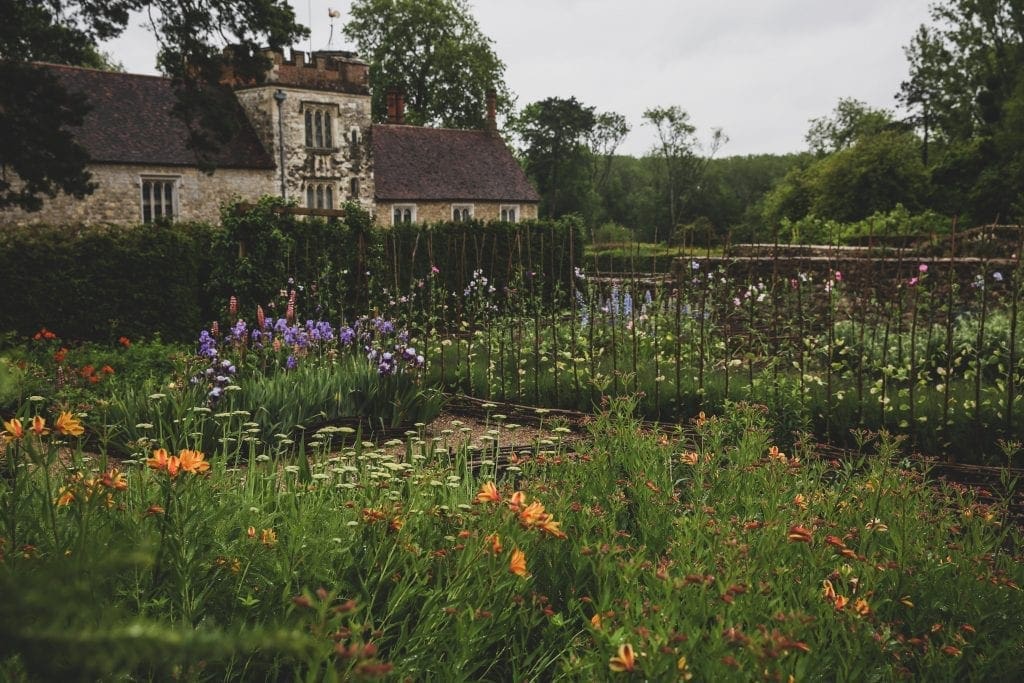
4) Allotment – what to plant & when
So, you’ve got your allotment sectioned off and tidied up. It’s now time to get planting, but what to plant and when? Here’s a list of the easiest allotment ideas for beginners to plant:
- Salad Leaves – sow three weeks after planting up until late Autumn
- Radishes – sow three weeks after the last frost up until late summer
- Potatoes – sow Feb/March up until September
- Peas – sow March-June and harvest two-three months later
- Spring Onion – sow March-July – harvest after 8 weeks
- Broad Beans – sow November-March – harvest June onwards
- Onions/Garlic – sow spring – harvest late autumn
- Tomatoes – sow Feb-April and harvest in July-October
- Beetroot – sow March-July and Harvest from September
These are just some ideas to get your creative (home-grown) juices flowing. If you want a more in-depth look, check out this blog that’ll walk you through it.
Moreover, when it comes to allotment ideas for beginners, there are other things to consider. Beetroot, turnips and rhubarb are easy to grow but expensive to buy. Parsnips (imagine homegrown roast parsnips!), cauliflower and sweet potatoes are cheap to buy but take up a lot of space! It’s important to plan so you get the best return from your allotment.
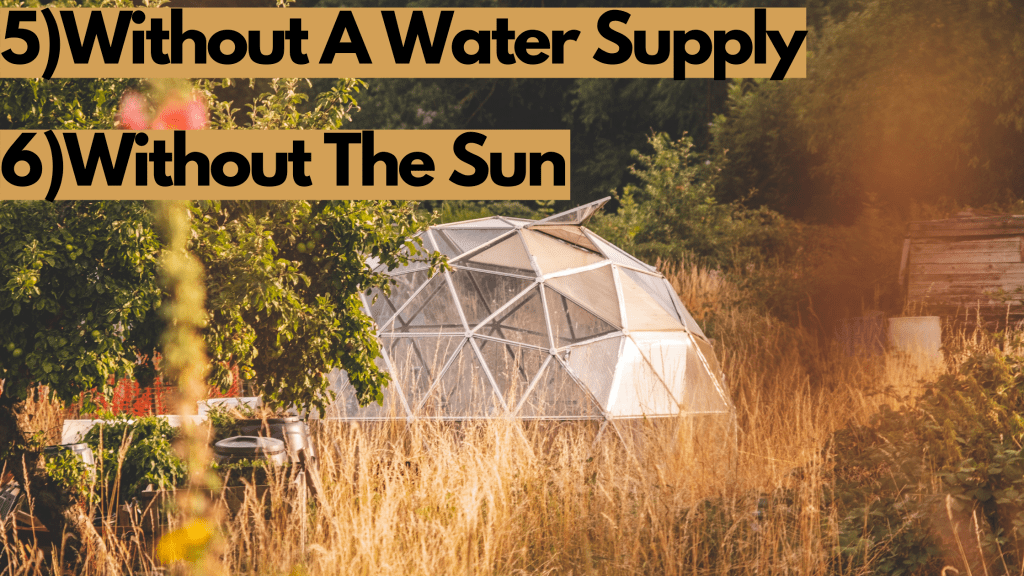
5) Allotment – without a water supply
Got an allotment without a water supply that leaves you thirsty for tips? We’d recommend investing in a plastic barrel (or even an unwanted bin) that traps rain. Speak to the groundskeeper and ‘plot’ a plan, perhaps they could refill it for you? An allotment idea for beginners is to make sure you keep it covered, where possible, to stop water from going stagnant.
6) Allotment – without the sun
Those shady people assigned you a plot without the sun? Not to worry, you can make it work for you. Firstly, the solution to this is as individual as you are. Work out how much sun your plot gets, how do you do that? Check out this video that’ll talk you through the process.
From there work out what it is blocking the sun, can you move it? If not, there are a few different options. If it’s trees blocking it, planting winter brassicas (kales/spring cabbage) takes full advantage of the winter months (fewer leaves on the tree). Moreover, Japanese onions and broad beans will mature before the leaves regrow. Leeks are a good idea as they blanch themselves in the shade, make it work for you! If you find you do get some sun, websites such as suncalc.net will give you exact diagrams with which you can plan for optimum return. If you get around 3-4 hours, leafy crops like spinach and kale.
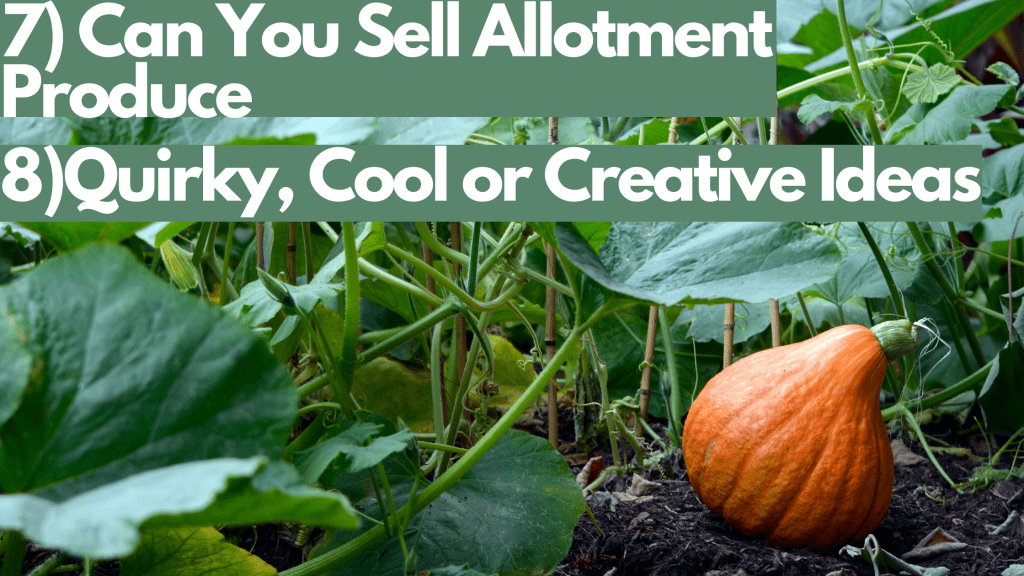
7) Allotment – can you sell allotment produce?
Thinking of turning your alluring allotment into a mega money-spinner? Well, here are some quick tips of the does and don’t of selling allotment produce:
- 1) Allotment Act 1922 prohibits “trade or business”
- 2) You can have an allotment shop, approved for “fundraising” rather than business purposes
- 3) You can’t trade on the allotment itself, but you can elsewhere
- 4) council operated land shouldn’t be turned into a low-cost business
- 5) occasional sellers don’t have to abide by food hygiene standards but food must be safe
- 6) FSA says that if you sell at a marketplace, you do have to register to sell
8) Allotment – quirky, cool or creative allotment ideas
Again, this is quite subjective so here are a few links that will help get the gears (or soil) turning:
- low maintenance ideas – Guardian
- cool allotment ideas – Pinterest
- budget allotment ideas – Pinterest
- creative allotment ideas – Pinterest
- Allotment ideas with kids
If they’re new to gardening and you’re looking to treat them, check out our gift-buying guide!
We hope you’ve found this article useful, if you could please comment below and let us know! Send us pictures of your allotment & check out the rest of our blog. Or, follow our Facebook Community group, Twitter, YouTube channel and like our page

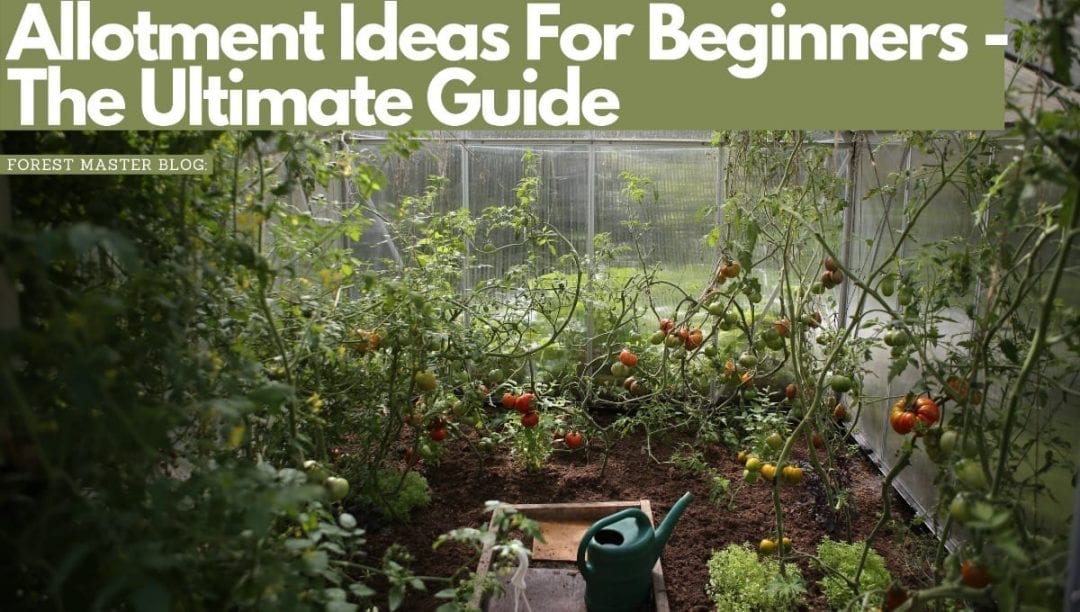

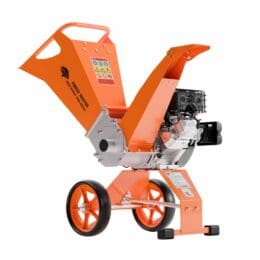
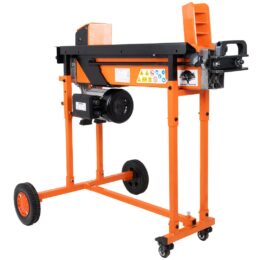
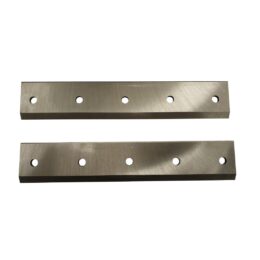
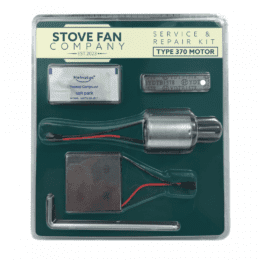
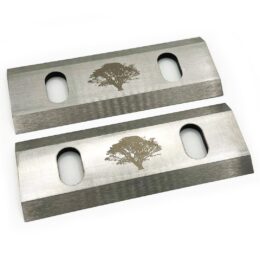
Hey your H2 titles “without a water supply” and “with out sun” are mixed. Great article, thanks